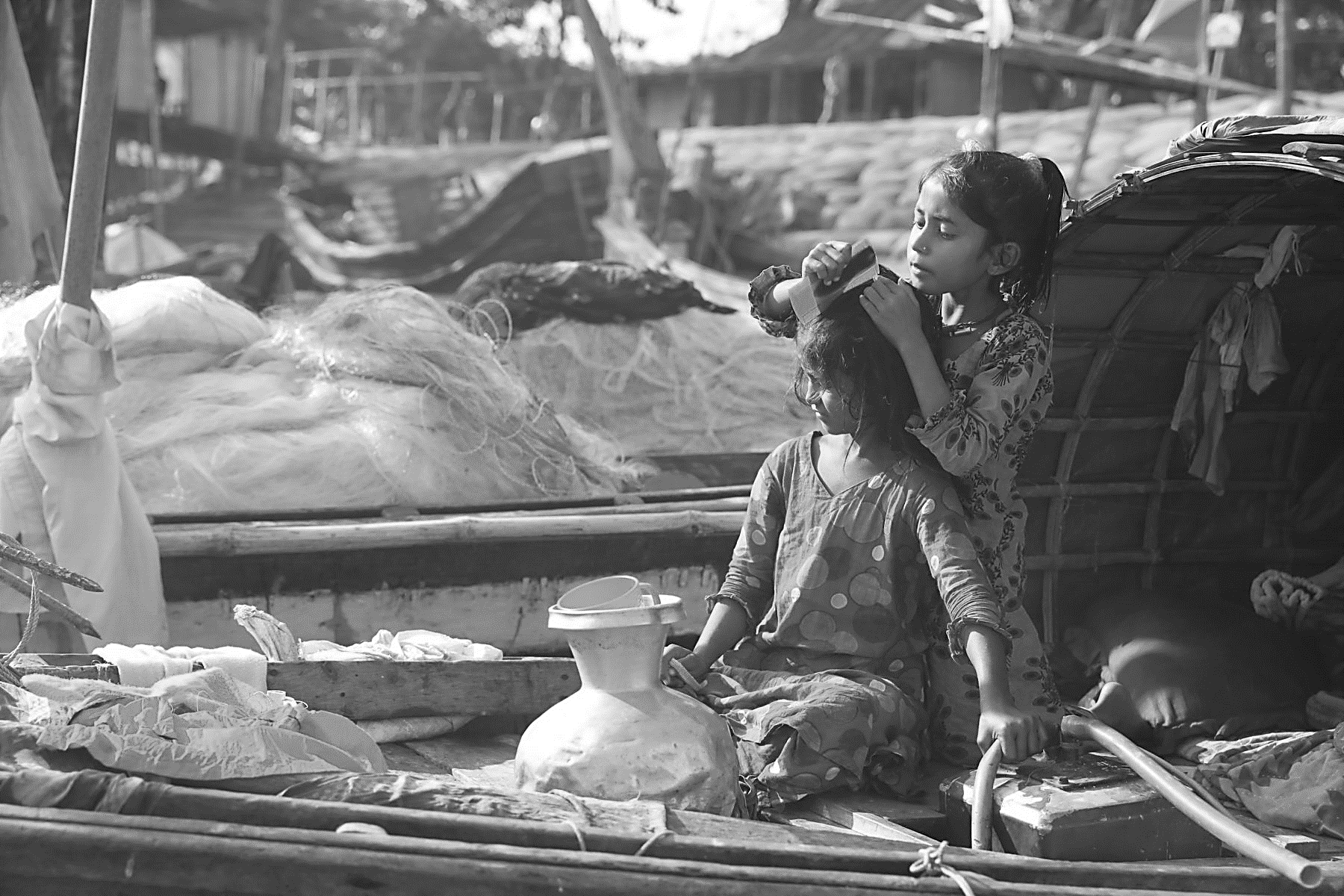Access to SRHR information for Adolescents: Perspectives from Grassroot Areas from Barishal District of Bangladesh
Share-Net Bangladesh have published a new report entitled Access to SRHR information for Adolescents: Perspectives from Grassroot Areas from Barishal District of Bangladesh
Executive Summary
Bede, riverside dwellers, and slum dwellers are three competing grassroots and marginalised communities. Their socio-economic situation is comparatively poorer than the mainstream communities. SRHR, being a cross-cutting concept, is not yet understood from their perspectives. Almost no evidence stating their current knowledge status about SRHR among adolescents is available. From this research gap, the study tries to understand their access to knowledge on SRHR and the respective adequacy as well as appropriateness.
Two basic study questions addressed here are to understand the access to SRHR knowledge and to understand the adequacy as well as the appropriateness of the study. From a methodological point of view, this study adopts Key Informant Interviews (KIIs), and Focus Group Discussions (FGDs) as study tools while thematic analysis is the analytic frame for this study. Through this thematic analysis, this study has come to the finding that the knowledge status is very poor among grassroots and marginalized communities in Barisal. The related information available to them is neither appropriate nor adequate at all. They are just concerned that they are going through a change, but they have neither detailed guidelines nor a detailed understanding. The key stakeholders are concerned with this reality. But due to poverty and very limited access to education, they overlook SRHR and concentrate more on poverty. As a result, their prime source of information remains pornography and some vague narrative from their surroundings. Based on this finding, this study suggests a holistic approach to intervention. This holistic approach must include a comprehensive understanding along with the participation of other stakeholders. Because the existing interventions, for example, family planning programs, can at best cover the knowledge issues but cannot address them completely. More specifically, the modes of birth control or menstrual hygiene are covered under the fraction of knowledge issue. Partial understanding cannot be a solution in this case.
Click here to read the full report
